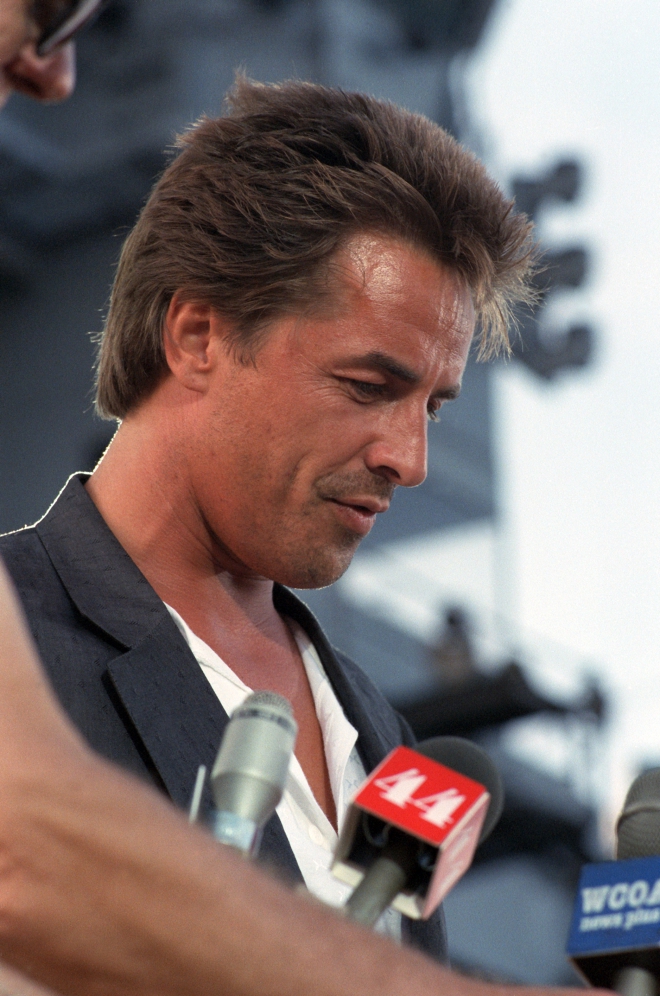

We know that we develop more effective and durable policy when we connect the dots with community needs around racial and economic equity.In particular, former staff including CEO Joan Crooks, WEC President Becky Kelley and WCV President Shannon Murphy, along with Board Chairs Julie Colehour and Jay Manning, provided the vision and leadership that helped us navigate our work during this tumultuous and exciting time. We are grateful for the support of the donors, foundations, activists, board members, volunteers, and staff who have brought us this far. Learning from these past four years, we developed a vision for where WEC and our work need to take us, which we share in the final section of the report. We are proud of our work under this plan and how well it has set us up for the future. The transformational successes achieved during this plan relied on the strategic use of our complementary 501(c)3 and 501(c)4 tools, the investment in significant organizational growth and capacity building, and the leadership of our two organizations under a single CEO with shared staff and two boards of directors who work closely together. Throughout the course of our work under this Strategic Plan, WEC deepened our partnership with Washington Conservation Voters, too. We overhauled how we fund and prioritize toxic clean-up and prevention, and we took important steps to help protect and sustain our local Southern Resident orcas. We increased investments in natural systems such green infrastructure to help clean up stormwater pollution, and community forestry to sustainably manage working forests and provide local jobs. We stopped every attempt by Big Oil to expand their footprint in our state. Together, in collaboration with agencies and elected officials, community members, and activists, we have made major strides toward achieving our mission: We secured some of the most progressive and equitable climate policies in the nation. These gains were made possible by close coordination with our historical partners, and by working deeply with new partners including Tribal Nations, Front & Centered, and other overburdened communities. We achieved many consequential environmental gains during this Strategic Plan for the long-term future of our state (see Policy Wins & Funding Secured). Working in partnership is core to who we are - it is how we started our work in 1967 and it remains fundamental to how we get things done today.

Based on the learnings from these years, we developed a vision for where WEC and our work need to take us, which we share in the final section of the report. We have had to adapt, use new tools, maximize existing ones, and move beyond the traditional boundaries of environmental advocacy to achieve the strongest and broadest coalitions possible that can address the root causes of issues we have long worked on. In the last five years, we evolved how we do our work as the problems we face grow increasingly complex, and, as with many other sectors, in response to the COVID-19 crisis.

This will continue to be a focus area in our next strategic plan. We made significant shifts in our internal organizational practices as well as our external policy and advocacy work over the course of this plan.

Our position and power as a historically white-dominant organization necessitate that we apply an intersectional racial justice lens to our framework for change. We acknowledge that our 50+ years of advocacy have left many impacted people and communities behind. During this time, we grew our analysis and understanding of the ties between systemic racism and environmental degradation. WEC also continued to become a more anti-racist organization. It has been inspiring to see so many people committed to taking action for change. These tools ranged from policy advocacy in Olympia and at the local level and running a ballot measure to fight carbon pollution, to taking polluters to court, to mobilizing the sheer number of people who wanted to get engaged in response to the Trump administration. Given the scale of our environmental challenges and the limited timeline in which we are working, we knew we needed to put all our advocacy tools to work. This timeframe was bookended by the election of Donald Trump in 2016 and his unprecedented attacks on democratic institutions and environmental protections, and then in 2020, by a global pandemic, long-overdue racial reckoning, and attempts to undermine the outcome of our national elections.Īs an organization committed to societal change, these past five years have been a time of both intense advocacy and deep reflection. The 2016 – 2020 WEC Strategic Plan took place over the course of arguably some of the most consequential years in American history.


 0 kommentar(er)
0 kommentar(er)
